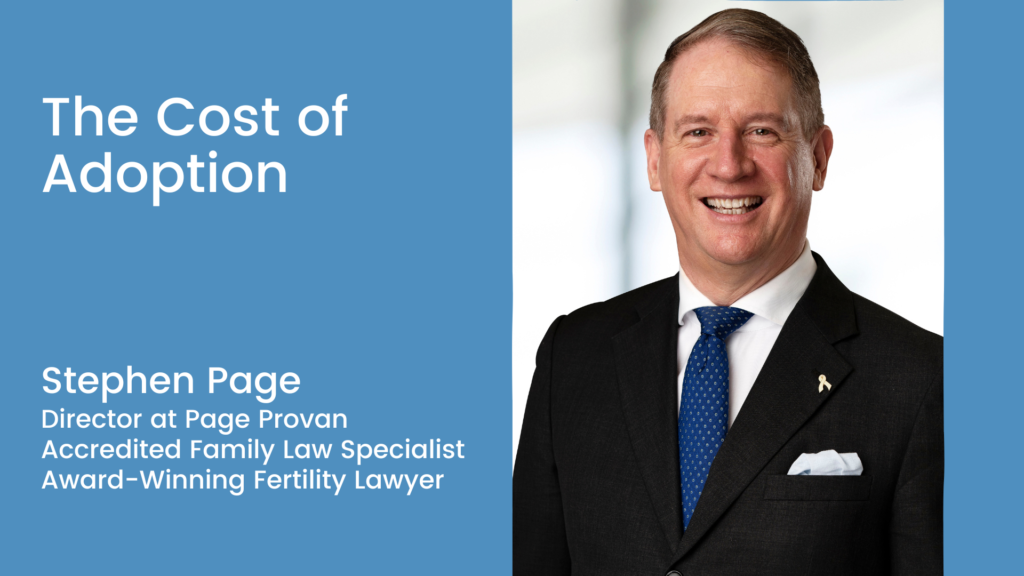Violence Prevention Toolbox
This was recently posted on the blog of Dr Helen Smith, a psychologist in Knoxville, Tennessee.
One of the ways to prevent violence is to have a repertoire of techniques to use depending on the context of the violence one is about to encounter–no one technique is always the answer, so I am always looking for good books to add to my violence prevention toolbox. I found one in IronShrink’s book, Surviving Aggressive People: Practical Violence Prevention Skills for the Workplace and the Street. How does IronShrink (or Shawn Smith, his real name) tell us to do this? By using psychological techniques and understanding of those who wish to commit violence against us to stop aggression before it starts.
Smith divides aggressors into two categories: The Desperate Aggressor and the Expert Aggressor. The Desperate Aggressor is one of the most common and is someone you might encounter in a work situation who feels that they have run out of options. “Violent crime in America is often spontaneous: someone loses their temper and the results are tragic. When an otherwise rational person reaches a high level of emotion, when they perceive no solution to their problem, then violence–normally not something they would even consider–may seem to them like their only option.” These aggressors don’t like to feel helpless and seek to regain their feelings of control. They are poor at problem solving and often another person who is skilled can help them to restore their composure. The book gives suggestions in concrete form on what to say and how to do this. Finally, Desperate Aggressors display verbal and physical indicators of stress. They might feel cornered, panicked and ashamed.
I enountered a situation like this very early in my career when I worked for the state of New York as a psychologist. A patient who had been living in the Willowbrook State School where he had been living a hard life was assigned to me. The first time I met him, he was holding some staff keys that I needed. Stupidly, I reached out my hand to him and said, “Give me the keys, please.” The next think I knew, the patient punched me full force in the face and sent me flying into the wall behind me. I realized immediately that I should never have extended my hand outward and it threatened him. From then on, if I needed something from this patient, I would ask him to drop it on a nearby table and learned never to extend my hand to certain patients–it was seen as too much of a threat.
The Expert Aggressors are a different lot than the Desperate Aggressors in that rather than seeing violence as the last option, they view it as the preferred option. They are interested in social or material gain, in taking something that does not belong to them. They tend to attack those who are suitable victims and choose those who offer the greatest chance of success. They use “testing rituals” to determine the willingness of a victim. Some people will tolerate being attacked more than others. Those who are too trusting, kind or loving make the best victims. There are some very good techniques in the book to keep the Expert Aggressor from going too far. I have first hand experience in working with thousands of clamaints for disability evaluations who were Expert Aggressors. Some of the claimants would initially come in and try to use threats to get a positive evaluation or try to take over my personal space. When they saw that I put a stop to that immediately, and was not intimidated in the least, they stopped the nonsense and were fairly cooperative.
My only real criticism of the book is that Smith has a section on “weapons and gimmicks” and warns readers that weapons can be used against them, may not work, or may be used by younger members of the family. I have noticed that almost all psychologists have to plant a seed of doubt about weapons–their liberal training almost demands it. Weapons have saved the lives of multitudes of people. With the right training, they can work wonders; rarely are they turned on their owners. Does it happen? Yes, but not often. In my opinion, the willingness to use whatever works in an aggressive encounter, including weapons, and violence oneself may be the difference in whether one survives or gets out unscathed. Don’t believe it when you are told not to use weapons to defend yourself, it is often psychological propaganda intended to erode our second amendment rights.
That said, I do recommend this book for those of you who work in Human Resources departments like the Evil HR Lady or are in a management position where you hire and fire. The techniques look sound and could even save your life or that of one of your employees. I must say that in my career, I have dealt with thousands of potentially aggressive people and used similar techniques to keep myself safe–if you understand what and who you are dealing with, you can often reduce the chances that aggression will take you by surprise.











